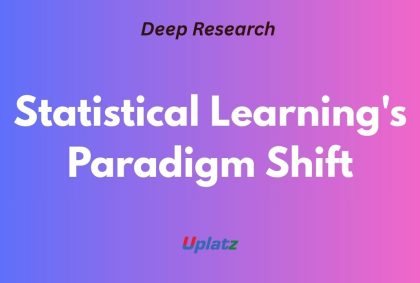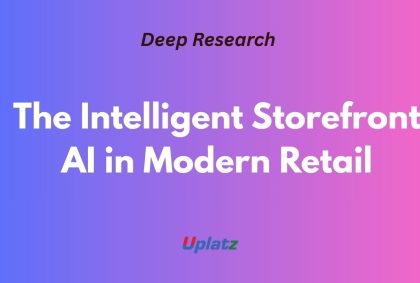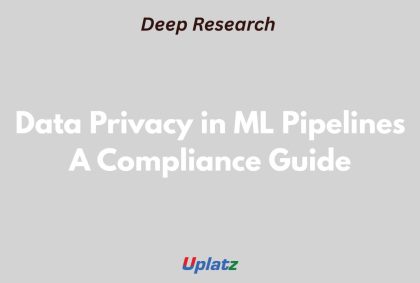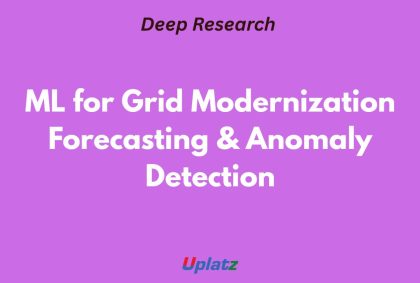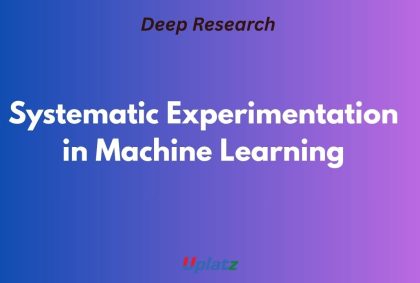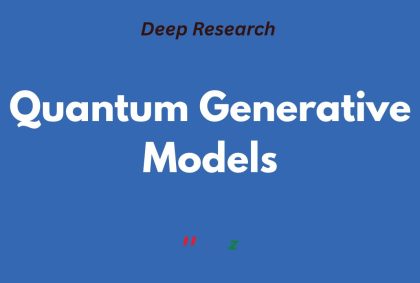
Quantum Generative Models: Creativity in Hilbert Space
1. Introduction: The Quantum Paradigm of Generative Intelligence The trajectory of artificial intelligence has long been defined by the pursuit of systems capable not merely of analysis, but of creation—the Read More …

